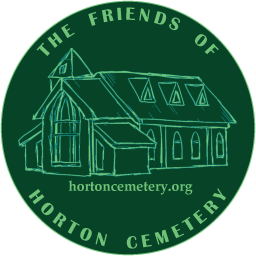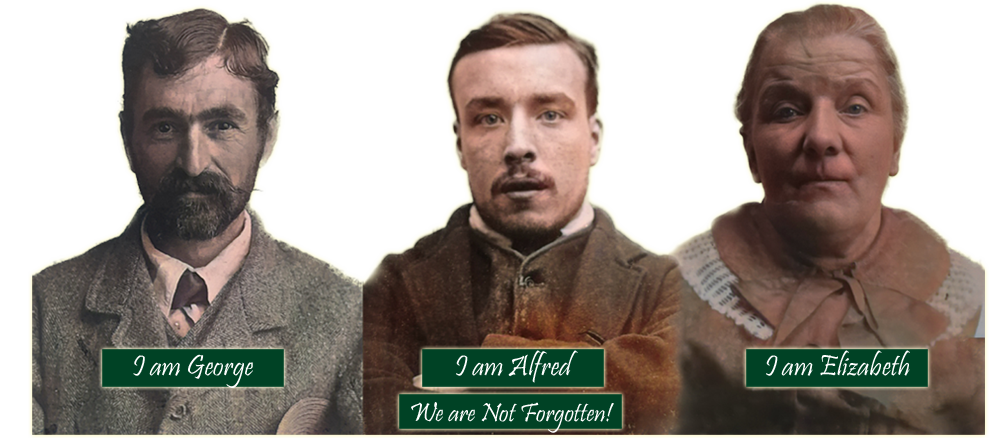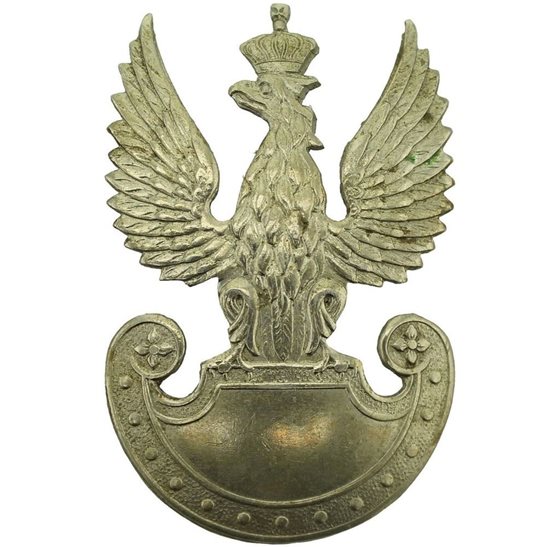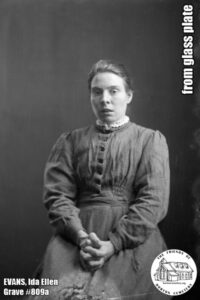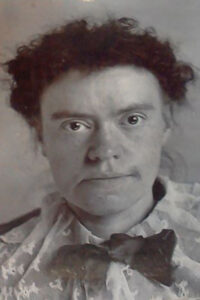b.1913 – d.1948
Intro
Josef’s story has been compiled by FOHC researcher, MOD records and information provided by Josef’s son.
Early Years
Josef was born in Krzyzowa, Kraków, Poland on 11 February 1913, to parents Wojciech and Anna (nee Slowik).
Before joining the army Josef was a clerk at the Craft Guild.
War Years
Josef saw active service in Poland from 20 September 1934 and took part in the 1939 September campaign in Poland from 1 to 20 September when he was taken prisoner of war by the former Russian Red Army at Rowne (now Ukraine) and was imprisoned at Ostrog.
He escaped on 24 September dressed as a labourer to Zdolbunowo where he joined the Polish partisans unit and left for Lwow on 31 September as a refugee arriving on 4 October.
This small taste of freedom only lasted until 9 October when he was arrested again at Worochta, released the following day, Josef was rearrested on 11th and this time imprisoned at Joblonica, then transferred to Tatarow.
Josef was transferred to another prison at Mikuliczyn before being released on 18 October. Not surprisingly Josef went into hiding only to be picked up again 6 days later and arrested yet again. This amazing soldier managed to escape the day after this latest capture and this time managed to make the journey via Yugoslavia and Hungary to France.
Josef arrived in Marseilles on 20 November 1939 and nine days later joined the Polish Forces under French command at Bessier Barracks near Paris.
U.K. Service
When France capitulated to Germany in June 1940, Josef was evacuated to the U.K. arriving in Liverpool on 29 June 1940, joining the Polish Forces under British Command on 14 July 1940. He was posted to Armoured Trains Unit K, 1 Polish Corps guarding the east coast of Scotland.
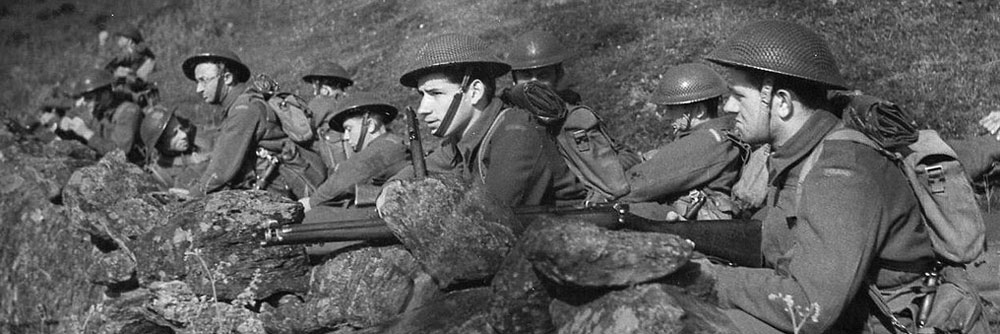
Due to this transfer Josef’s service in the U.K. is recorded as 1940-1948. As far as we know he never returned to Poland.
Although it is not noted in the official records his family obtained from the MOD, many Polish soldiers were sent to the borders of Scotland awaiting a German invasion. The 51st Scottish command should have been guarding the coast but because of heavy losses in France the Polish forces offered reinforcement.
The first Polish troops arrived on 5 August 1940. At first, the Polish Army began to re-form south-east of Glasgow. The newly-arrived Poles were warmly welcomed and immediately set to work defending Scotland. With no military infrastructure to accommodate them they were left in the inhospitable climate, largely to their own devices, to live in tents, build their own camps, patrol the coastline and build coastal defences. As their work along the east coast took shape, their presence began to be felt in nearly every part of the country.
It was while here that Josef met a local girl from Peeblesshire and they were married on 23 January 1941, their son was born in November that year. His son never knew his father and he was raised by his mother alone.
It was about this time Josef became ill with what we would now call Post Traumatic Stress Disorder (PTSD) which is not surprising giving all he had been through.
Many of the Polish soldiers admitted to Long Grove also suffered from T.B. Josef was admitted to Brighton Royal Hospital in Dumfries and eventually transferred to Long Grove hospital in Epsom to join a contingent of other Polish soldiers there. We know that the Polish Embassy was concerned for their welfare because they were regularly visited by support workers sent by the Embassy.
Having achieved the rank of Lieutenant, Josef was honourably discharged in September 1948, but died only two months later on 23 November 1948 aged just 35. He had earned the British Defence Medal and the 1939-45 War medal for his service in Britain.
Josef was buried in Horton Cemetery, 8 days after death on 29 November 1948 in grave 1537c.
Authors Note
Josef’s story closely echoes the story of Izydor Grunik (Grave no 1538d) also a Polish serviceman who came to Britain to help to protect our country.
We can only guess these men knew each other while in Long Grove, but it may be of some comfort to their families that these two brave soldiers who fought for their own countries, and ours, were laid to rest side by side.
A ceremony is still held each year on the day before Remembrance Day attended by representatives from the Committee of the Friends of Horton Cemetery, together with the Mayor of Epsom and representatives of The Polish Heritage Society. We lay wreaths and flowers, and I personally light a lantern for Josef and Izydor because their sacrifice must never be forgotten.
